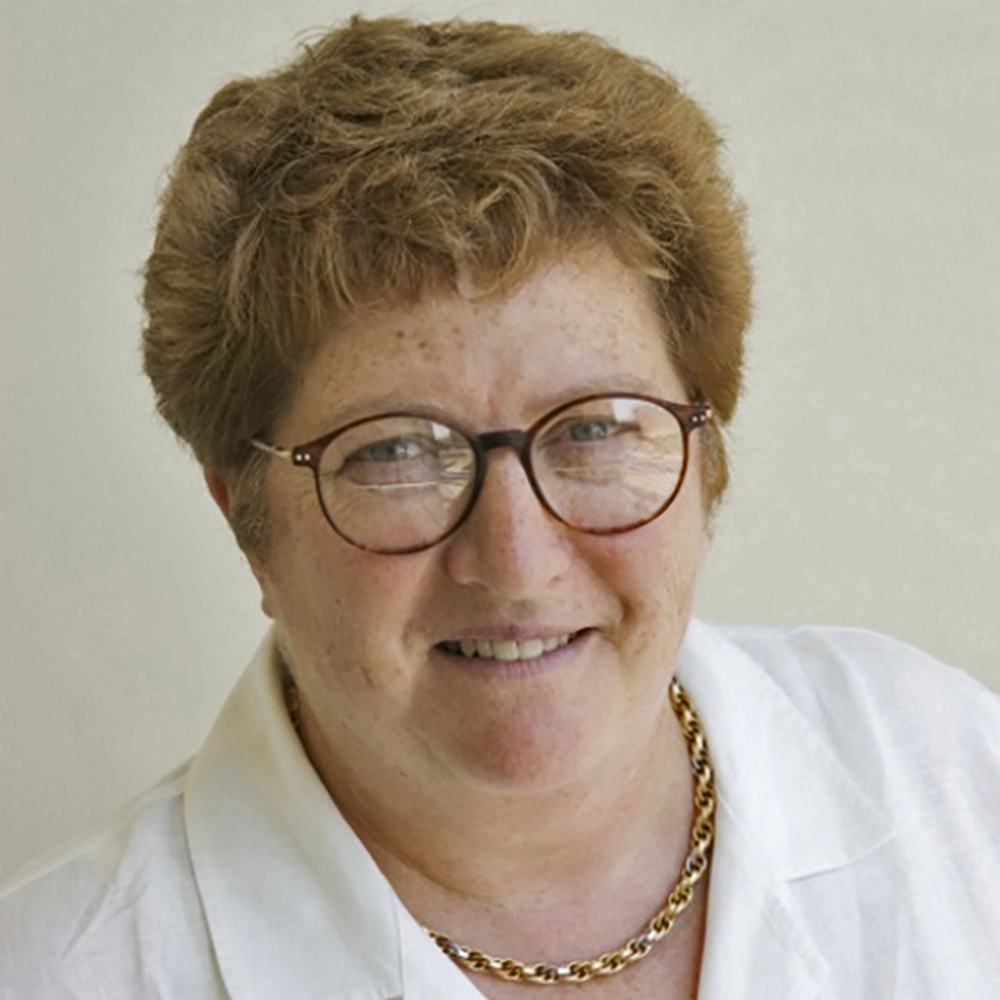
The LAS Dean’s Distinguished Lecture series provides an opportunity for members of the LAS community and the broader campus community to hear from some of the college’s most distinguished faculty and alumni. Talks are appropriate for people of all backgrounds, so previous knowledge in a specific topic is not required. Talks are open to the public.
2024 LAS Dean’s Distinguished Lecture
"Bringing a cell to life on a computer and in Minecraft"
Presented by Zaida Luthey-Schulten
Murchison-Mallory Endowed Chair in Chemistry
4 p.m. Wednesday, March 6, Illini Union Ballroom
Reception to follow.
Register to attend by Wednesday, Feb. 28 in person or virtually.
Professor Zaida (Zan) Luthey-Schulten will describe her pioneering research into constructing 4D models of a living minimal cell. The 4D simulations integrate data from -omics, cryo-electron tomograms, DNA maps, fluorescent imaging, and kinetic experiments to initialize a realistic cell state as well as validate the states as they progress in time. Fundamental behaviors emerge from these simulations that reveal how the cell balances the demands of its metabolism, genetic information processes, and growth, offering insight into the principles of life. Validation by coarse-grained atomistic molecular dynamics simulations and experiments are critical steps in building functioning models for bacterial and eukaryotic cells. As part of the National Science Foundation's Science and Technology Center’s education and knowledge transfer goals, Professor Luthey-Schulten’s team plans to bring these simulations to Minecraft, enabling players to explore a full living cell in this immersive 3D environment.
About professor Zaida Luthey-Schulten
Zaida (Zan) Luthey-Schulten is the Murchison-Mallory Endowed Chair in Chemistry and director of the National Science Foundation’s Science and Technology Center for Quantitative Cell Biology (STC_QCB), which includes faculty from six disciplines as well as industry partners from Abberior Instruments, the J. Craig Venter Institute, and NVIDIA and collaborators from Germany, the Netherlands, and Sweden. In addition, she is an affiliate professor in the Department of Physics, the Beckman Institute, and the Carl R. Woese Institute for Genomic Biology and a fellow of both the Biophysical and Physics societies. She received her PhD from Harvard University and came to the University of Illinois from the Technical University of Munich. Her research team is well-known for using their GPU-based software, Lattice Microbes, to create simulations in 4D (three dimensions in space + time) of a living minimal bacterial cell over its life cycle.